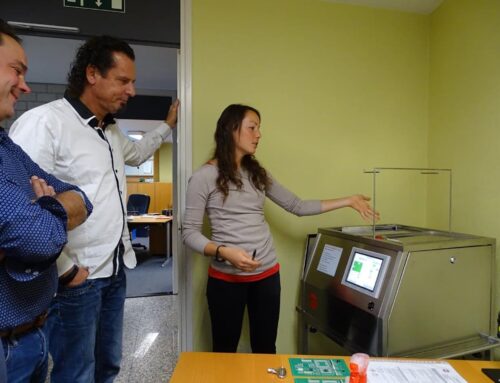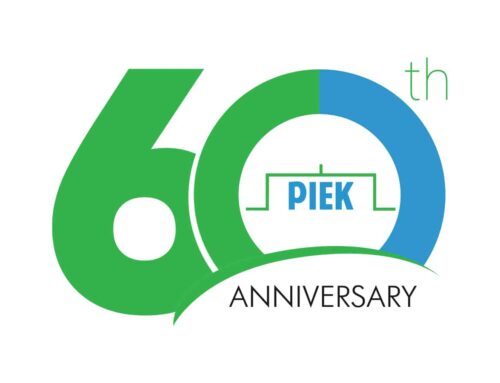In the last few years the medical world has seen unparallelled growth and innovation, thanks to the integration of advanced technologies such as sensors. Sensors play a crucial role in collecting valuable health information, enabling healthcare providers to take better informed decisions and enabling patients to get more personalised care. In this article a few applications will be discussed.
Continuous monitoring of vital functions
One of the most promising applications of sensors in the medical world is the continuous monitoring of vital functions. Portable sensors can now collect data real-time for heartbeat, blood pressure, oxygen levels in the blood and even brain activity. Continuous monitoring allows for early detection of health problems and fosters a proactive approach to healthcare.
Non-invasive glucose monitoring
For people with diabetes continuous monitoring of blood glucose levels can be challenging. Fortunately, recent technological developments have led to non-invasive glucose monitors that make use of measuring sensors that do not penetrate the skin.. These innovative devices offer a les painful and easier way for patients to check their blood sugar levels.
Remote patient monitoring
With the rise of tele health remote patient monitoring is playing an ever growing role in modern healthcare. Sensors can be used to check on patients and monitor their health status from a distance. This is especially valuable for patients with chronic illnesses who require regular check-ups and adjustments of their treatment, as they no longer need to make the many cumbersome trips to the hospital.
Fall detection and fall prevention
For the elderly the risk of falling is a serious concern, because it can lead to injuries and decreased mobility. Sensors can be integrated in wearables or home environments
to detect falls and take preventive measures, e.g. warning healthcare workers or activating a fall protection system.
The application of sensors in the medical world has opened the door to a new era of personalised, pro-active and efficient healthcare. This technological progress not only promises an improvement of the quality of healthcare but also increased access to healthcare, which in turn improves the health status of patients worldwide.










